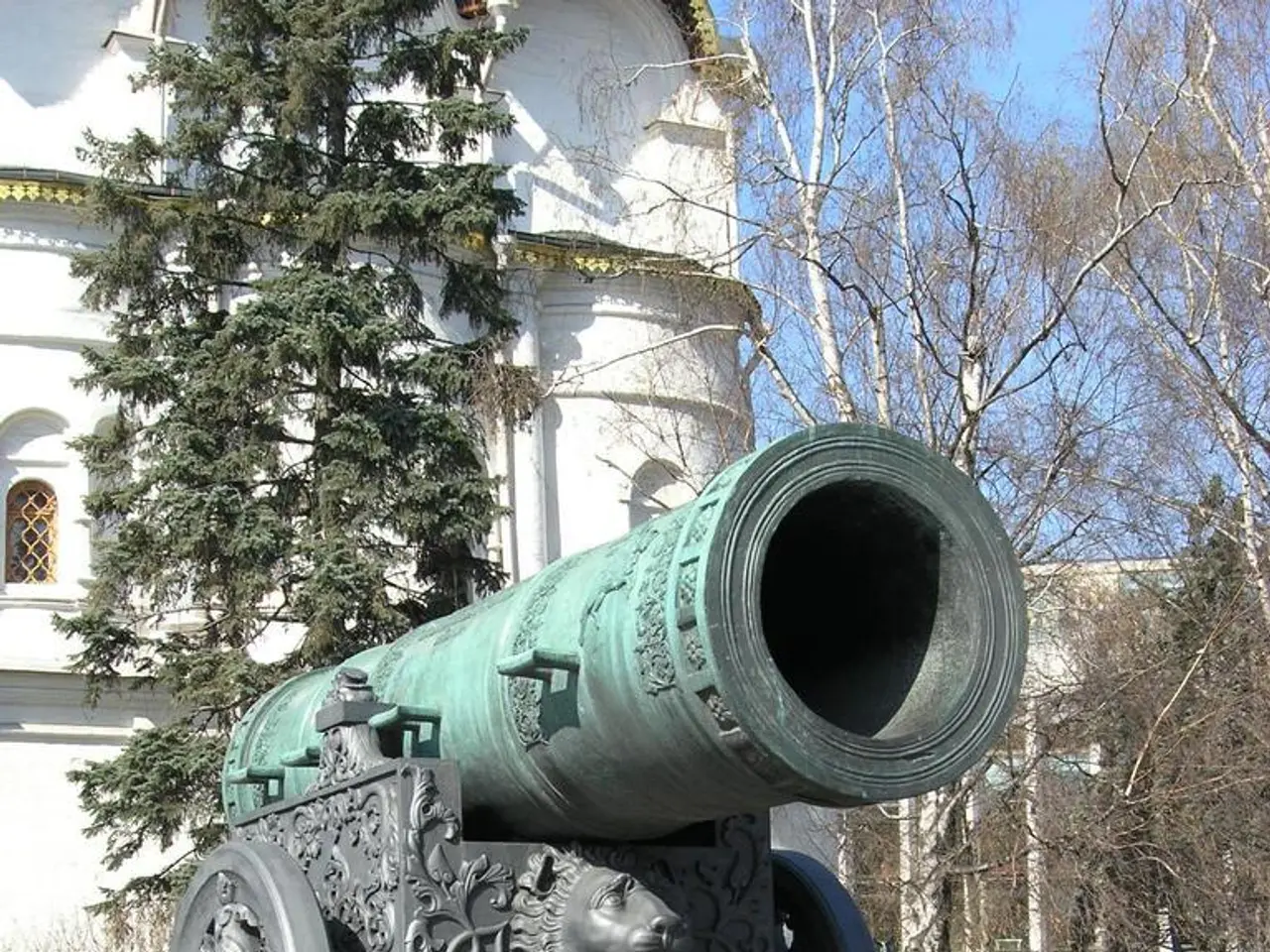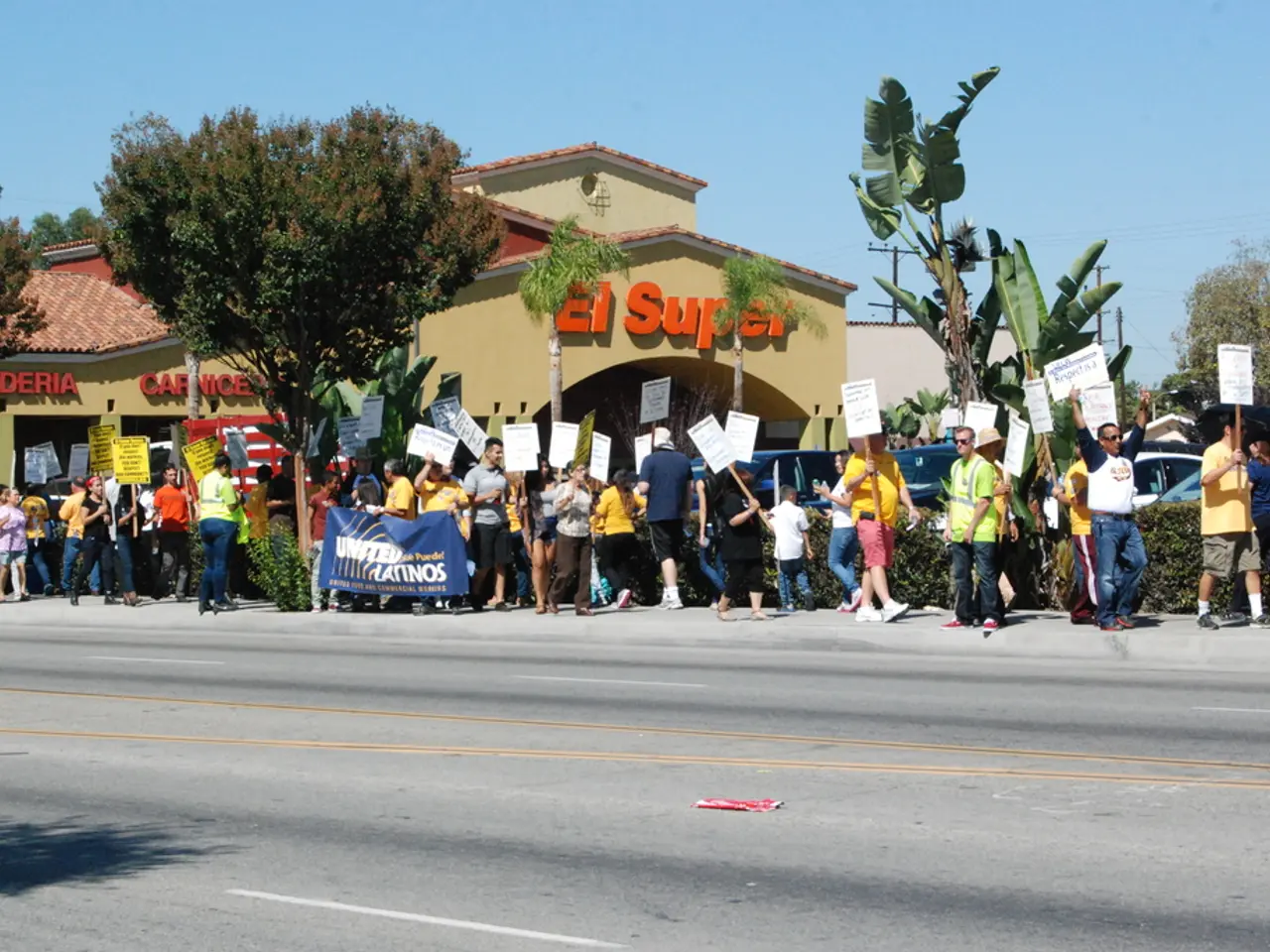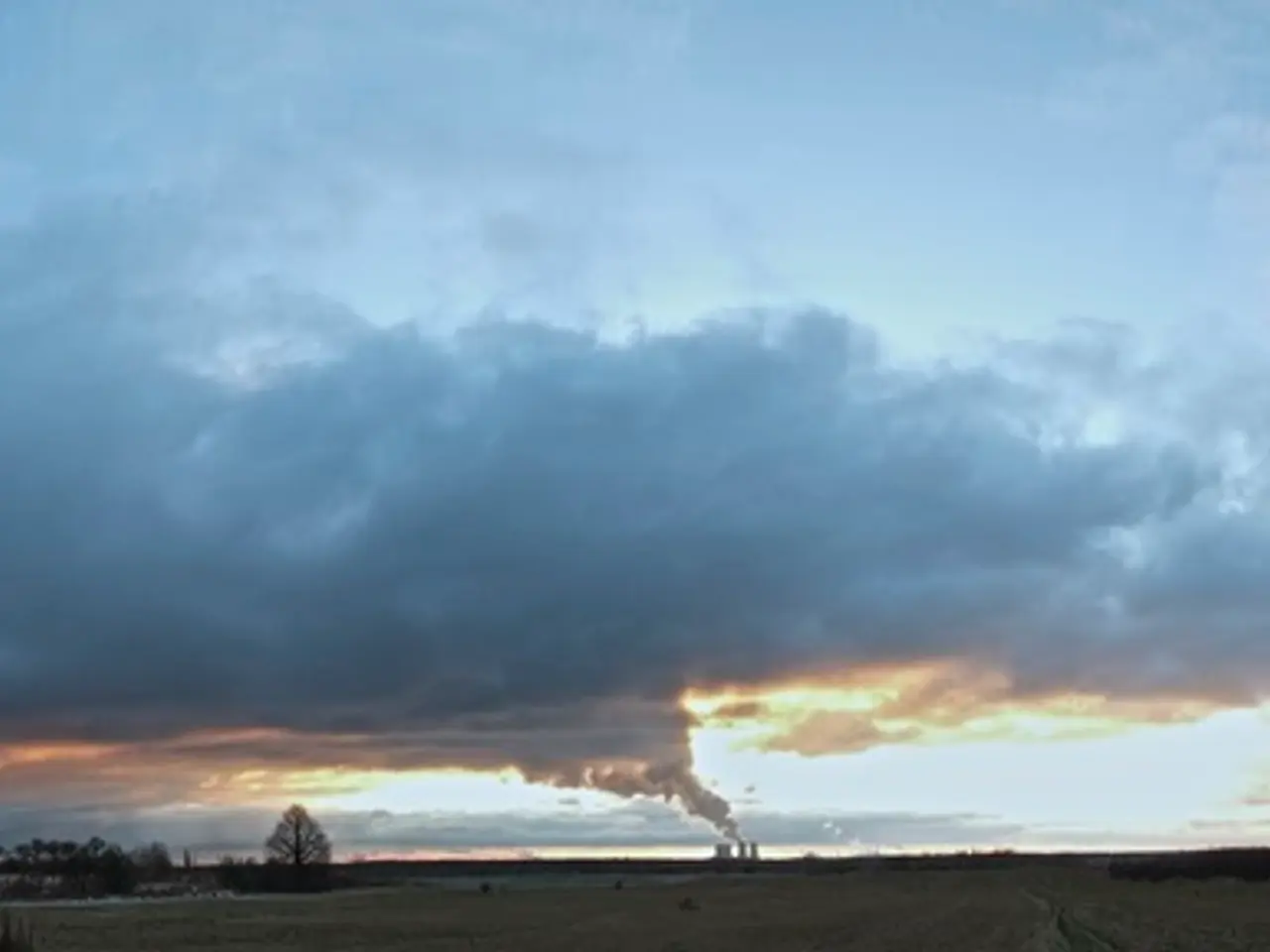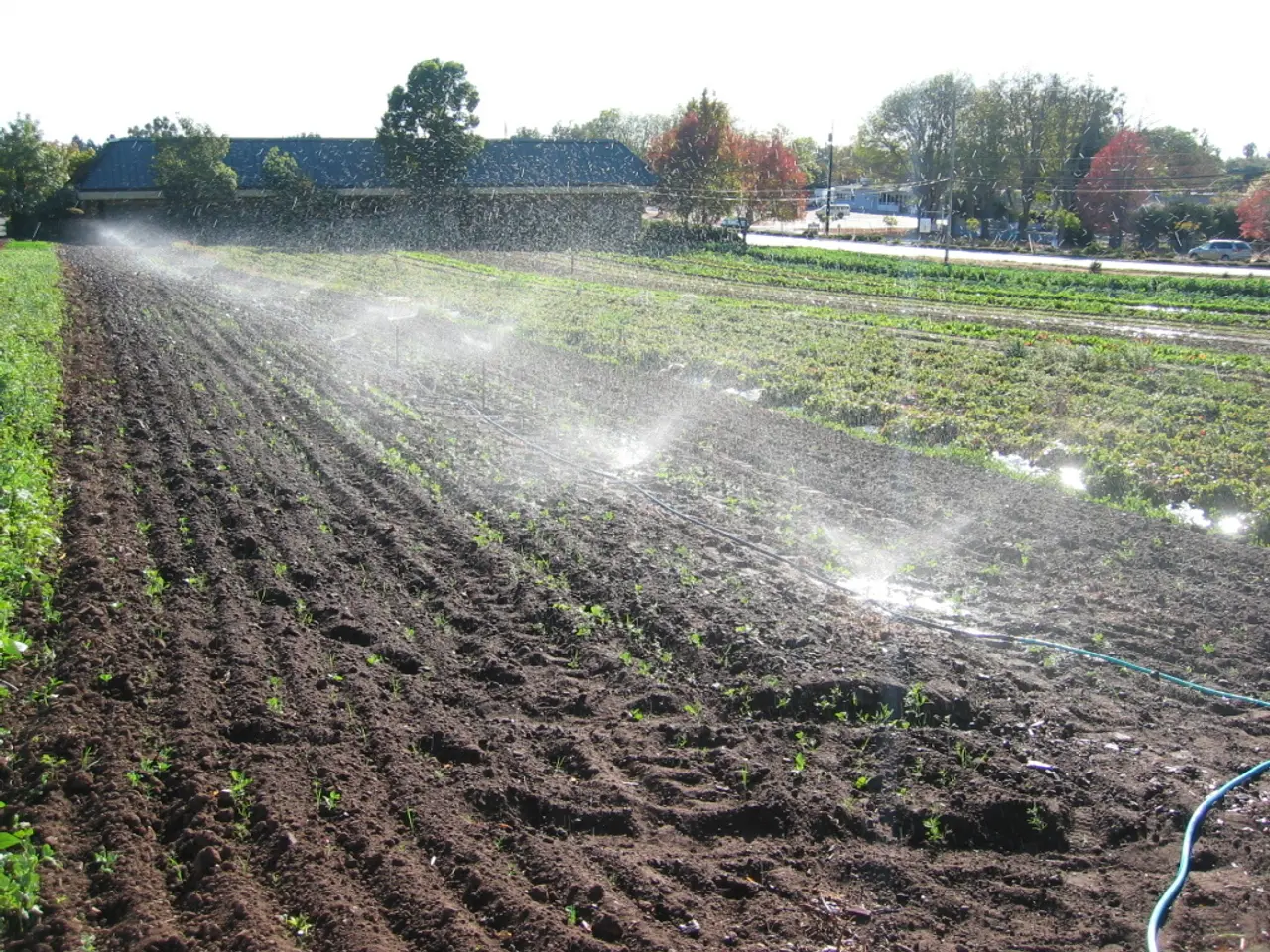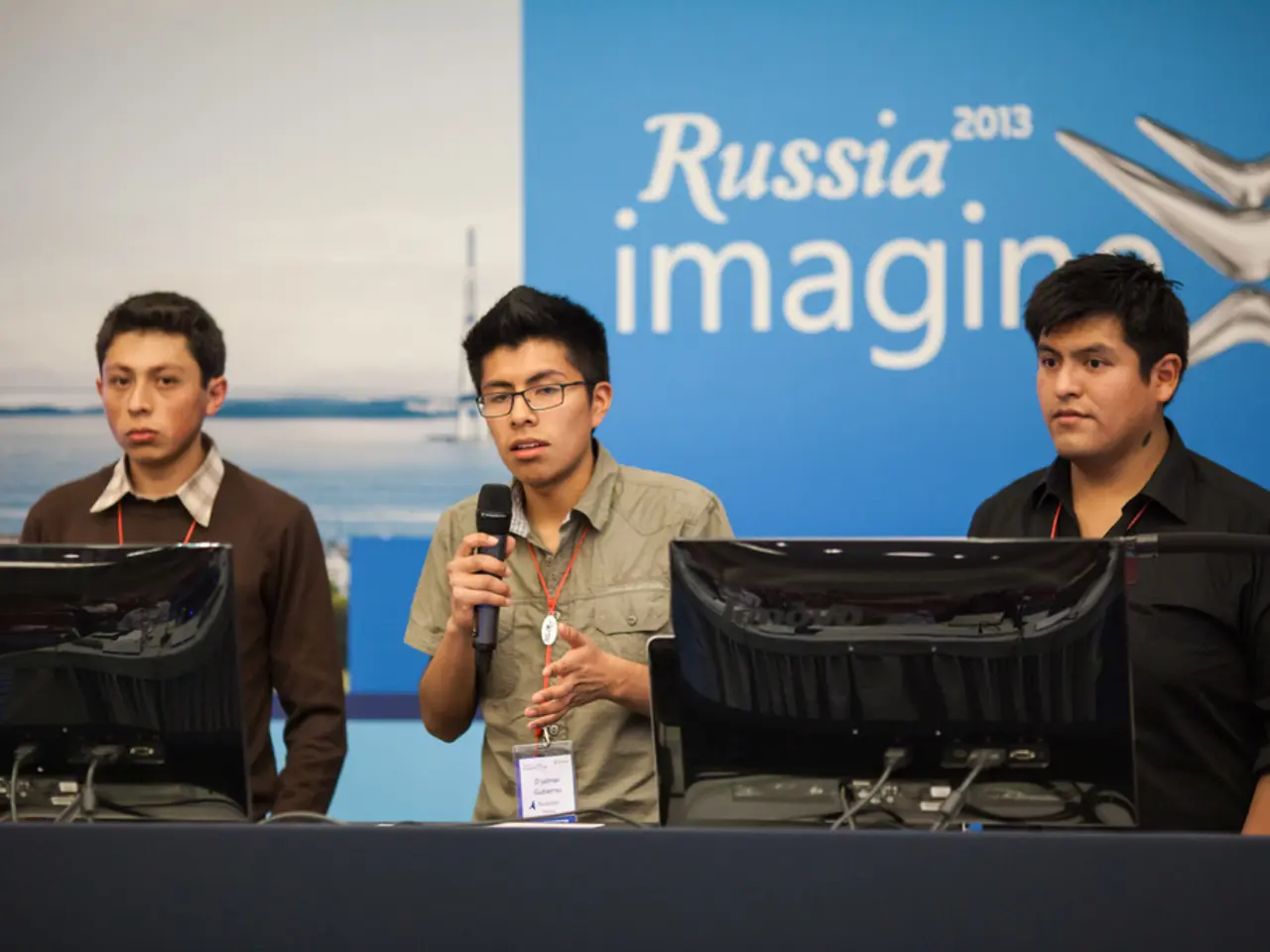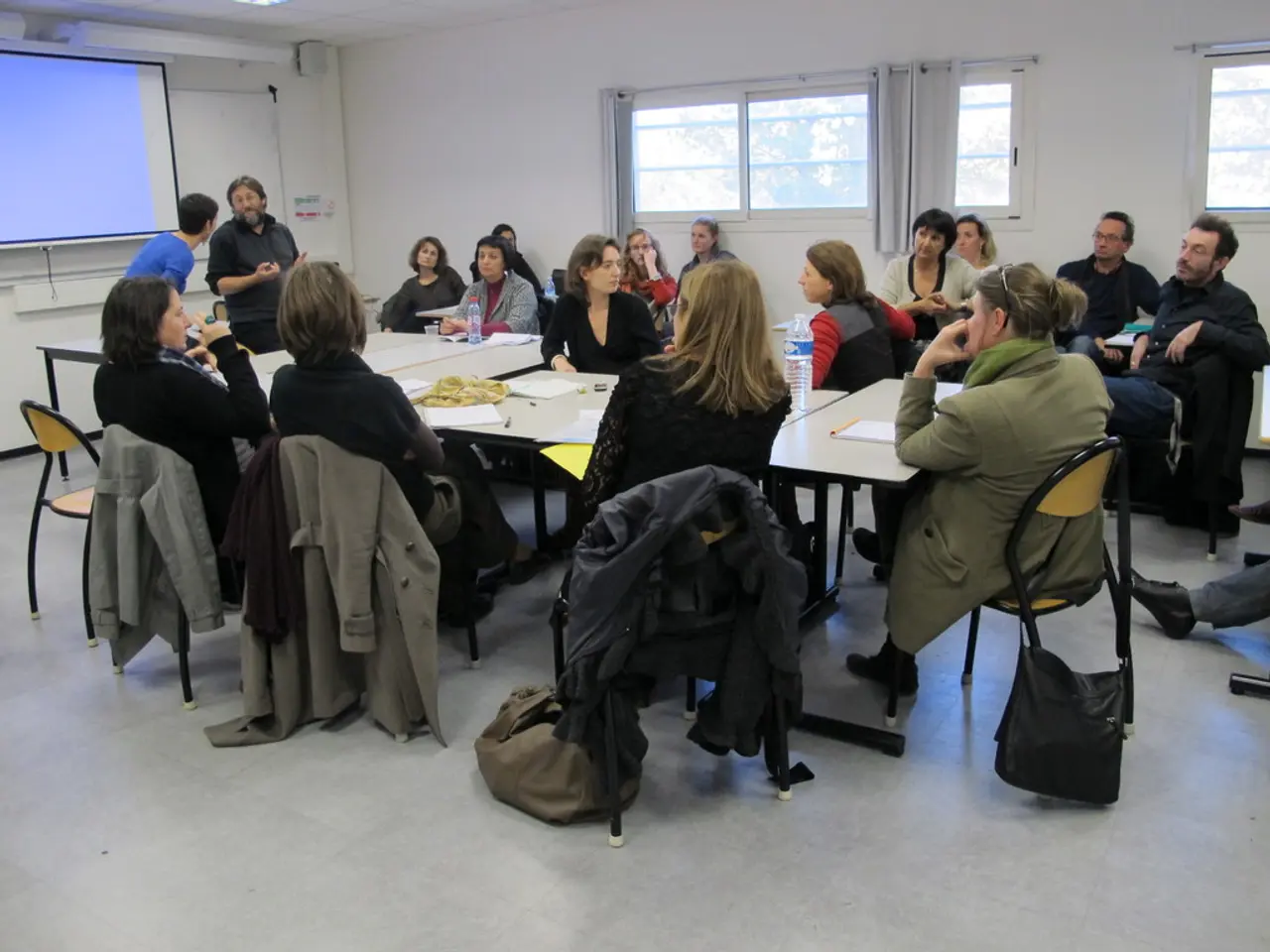Beneath Ancient Anxieties and Emerging Perils: Instability and Solidarity in Russia's Border Regions
The KonKoop In:Security Report Series, funded by the Federal Ministry of Education and Research (BMBF), has shed light on the profound effects of Russia's full-scale invasion of Ukraine in 2022. Authored by a group of researchers and academics, including Nadja Douglas, Weronika Grzebalska, and others, the report reveals how the war has intensified tensions in Russia's neighbouring countries, revealing both old fears and new security threats that affect societal cohesion and perceptions of insecurity in the region.
The report takes a bottom-up approach to security and insecurity, assessing societal dynamics on sub-regional and national levels. It examines seven countries across three main chapters and analyses their responses to Russia's invasion of Ukraine in terms of their security policies.
The invasion has reshaped local and regional security perceptions, creating a charged atmosphere marked by both fear and adaptation among countries near Russia. In some societies, such as Moldova and Armenia, there has been a marked increase in polarization. Contrastingly, Finland and Poland have united in the face of the new threat.
The report documents a divided population in Ukraine concerning gender and societal issues, the complex social and political reactions in Russian-speaking communities, and how these factors interplay within the broader context of regional insecurity and instability induced by the conflict.
The KonKoop In:Security Report Series emphasizes the importance of societal cohesion for regional security, particularly in borderlands. Long-term lack of societal cohesion can contribute to insecurity, increasing the risk of conflict. Consequences of long-term lack of societal cohesion include out-migration, brain drain, and international isolation, as seen in Belarus.
The dramatic images of Ukrainian society under attack have raised practical questions about citizens' responses in case of an actual attack on their country. The report underscores the need for societies to be prepared and united in the face of such threats.
The KonKoop In:Security Report is based on the 2023 workshop 'In:Security in Border Regions', organized by the research network 'Cooperation and Conflict in Eastern Europe' (KonKoop). The key finding of the report is that the war has intensified tensions in Russia's neighboring countries, revealing both old fears and new security threats that affect societal cohesion and perceptions of insecurity in the region.
- The KonKoop In:Security Report Series, focused on international news, politics, and war-and-conflicts, particularly the 2022 Russia-Ukraine conflict, has underscored the impact of the war on societal cohesion in the region, revealing newly intensified tensions among neighboring countries.
- In the context of the 2022 Russia-Ukraine conflict, the KonKoop In:Security Report Series highlights the significance of societal cohesion for regional security, especially in borderlands, stating that a long-term lack of cohesion can exacerbate insecurity, leading to international isolation and increased conflict risks, such as observed in Belarus.
